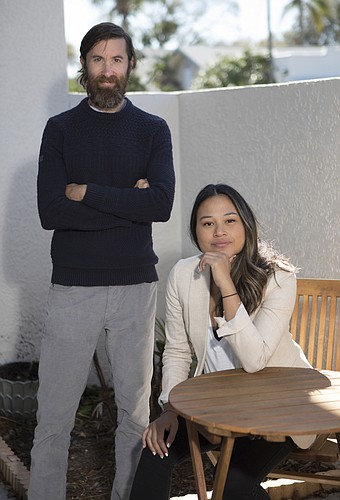- December 19, 2025
-
-
Loading

Loading

From the outside, the two-story house on the side of a busy street could be just another quaint apartment building in a city with hundreds of them.
On the inside, it more closely resembles a homey college dorm — albeit a beautifully designed and renovated one. House members float in and out of the shared kitchen as doors open and shut, creating a sense of constant motion and community. It’s the antithesis of many renters’ lives — slamming the door shut at the end of the workday and not opening it again until leaving the next morning.